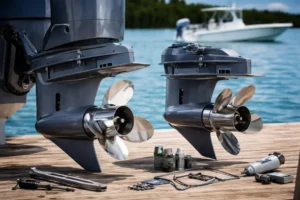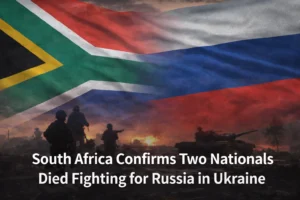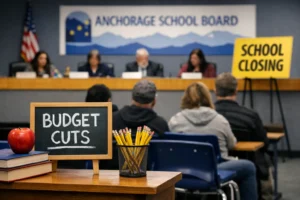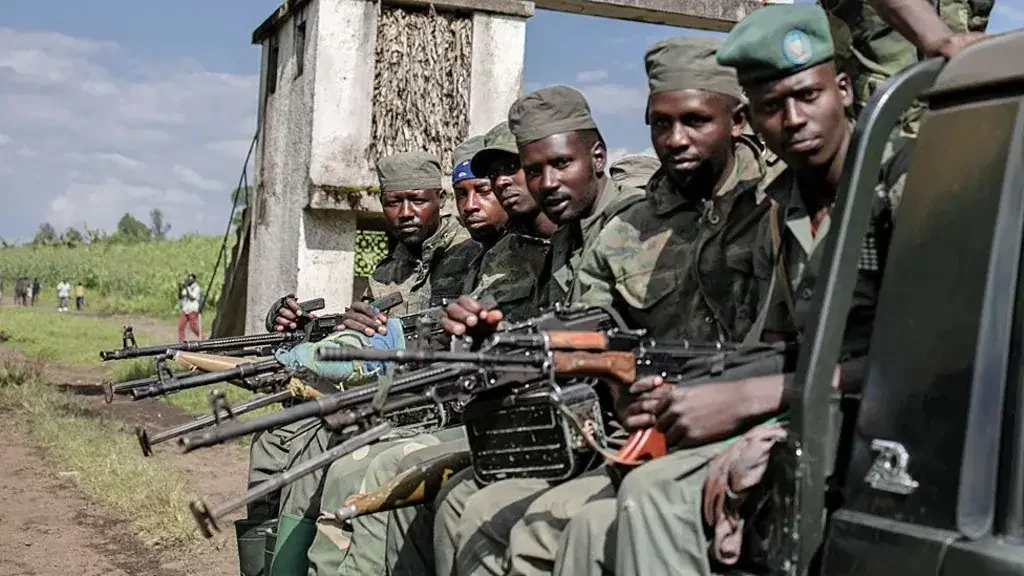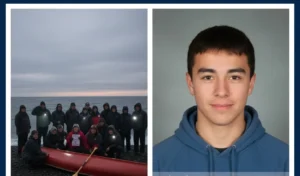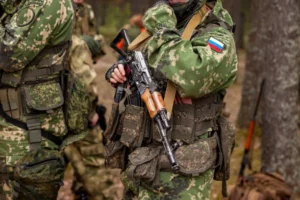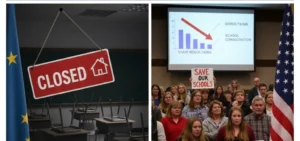The Democratic Republic of Congo and M23 rebels decided to put a hold on hostilities while peace talks in Qatar move toward resolution. The truce follows intense fighting since January, when M23 launched a major offensive and seized key eastern cities in DR Congo.
According to authorities, over 7,000 people have died during this conflict, which has displaced thousands more in the mineral-rich region. In a joint statement, both sides pledged commitment to peace, rejecting hate speech and calling for unity among local communities.
The M23 ceasefire agreement emerged from more than a week of direct negotiations, which delegates described as frank and constructive. Last month, President Félix Tshisekedi and his Rwandan President Paul Kagame reaffirmed support for an unconditional ceasefire in Doha.
Qatar stepped in to meditate after M23 refused to attend earlier peace talks held in Angola during the previous month. Discussions in Doha nearly collapsed due to technical obstacles but resumed before a truce was finalized.
DR Congo has long accused Rwanda of backing M23 rebels with weapons and soldiers, an allegation Kigali has repeatedly denied. UN and US officials supported Congo´s claims, but Rwanda insists it is acting in self-defense against militias threatening its borders.
Rwanda also faces accusations of illegally extracting minerals from eastern Congo, though Rwandan officials strongly deny any exploitation efforts. For years, the Congolese government labeled M23 a terrorist group and previously refused to negotiate with them directly.
This latest agreement marks a shift in tone, as both sides now show willingness to negotiate and reduce battlefield tensions. The M23 ceasefire agreement will remain in effect throughout the ongoing peace talks until they conclude.
Belgian Foreign Minister Maxime Prevot described the ceasefire as a “crucial step” toward ending a conflict with regional implications. Despite numerous ceasefires since 2021, many collapsed, fueling doubts about how long this truce will actually hold. The international community continues to monitor the situation, as eastern DR Congo remains a flashpoint in Central African geopolitics.

